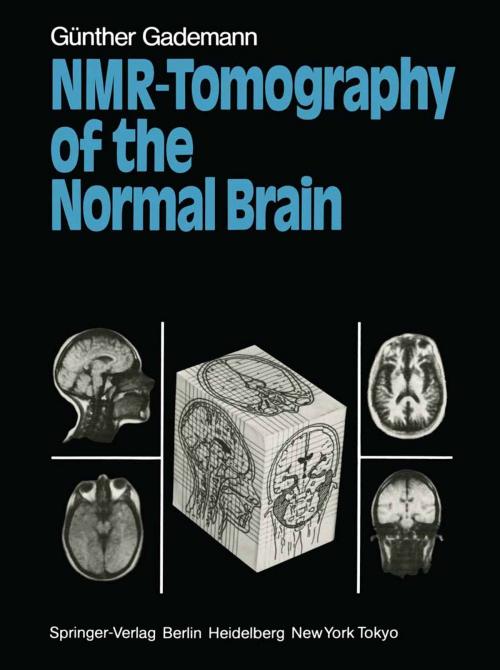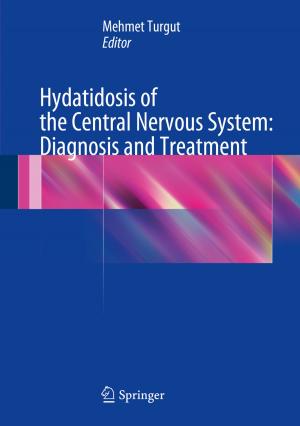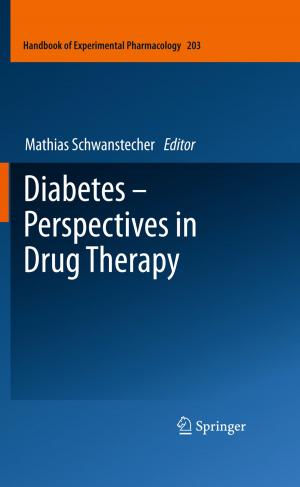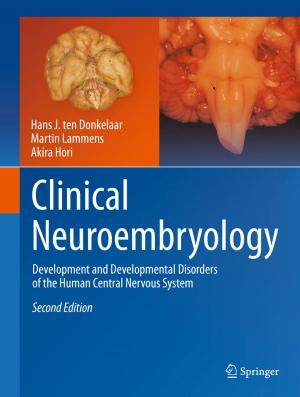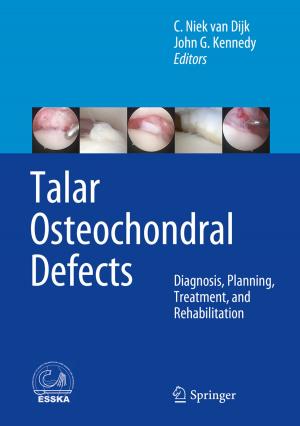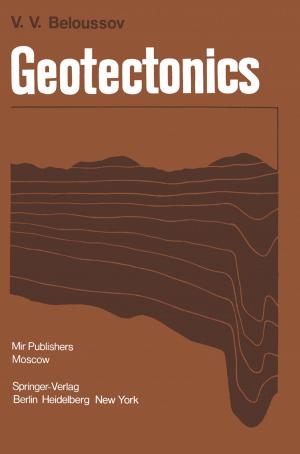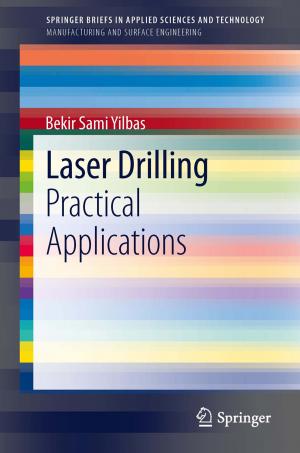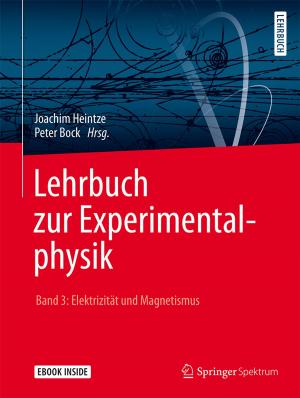NMR-Tomography of the Normal Brain
Nonfiction, Health & Well Being, Medical, Medical Science, Biochemistry, Specialties, Internal Medicine, Neurology| Author: | Günther Gademann | ISBN: | 9783642696206 |
| Publisher: | Springer Berlin Heidelberg | Publication: | December 6, 2012 |
| Imprint: | Springer | Language: | English |
| Author: | Günther Gademann |
| ISBN: | 9783642696206 |
| Publisher: | Springer Berlin Heidelberg |
| Publication: | December 6, 2012 |
| Imprint: | Springer |
| Language: | English |
This book is intended as a short guide to the visualization of the anatomy of the normal brain by means of the NMR tomogram. The first section comprises a brief introduction to the physical and technical aspects of NMR. This is followed by the atlas section, which pursues a number of objectives. On the basis of two important NMR imaging techniques, the spin-echo technique and the inversion-recovery technique, those experi enced in CT are given the opportunity to familiarize themselves with the differences in tissue contrast that exist in NMR scans despite their appar ent similarity to conventional CT scans. The mode of action of the two NMR imaging techniques is explained in the technical introduction. An additional innovation is the possibility of producing sections that are not, as in CT scanning, limited by the body of the patient. The sagittal and frontal sections parallel to the plane of the face can show an unfamiliar, but particularly clear, image of the anatomy of the head and brain com pared with conventional horizontal sections. An anatomical description accompanying every section is provided by way of clarification. A particular advantage of NMR imaging, namely, the absence of ionizing radiation and, thus, an injurious effect on biological systems (Budinger 1981), makes it possible to provide a systematic visualization of a healthy human brain in a living person in three planes, arranged at right angles to one another.
This book is intended as a short guide to the visualization of the anatomy of the normal brain by means of the NMR tomogram. The first section comprises a brief introduction to the physical and technical aspects of NMR. This is followed by the atlas section, which pursues a number of objectives. On the basis of two important NMR imaging techniques, the spin-echo technique and the inversion-recovery technique, those experi enced in CT are given the opportunity to familiarize themselves with the differences in tissue contrast that exist in NMR scans despite their appar ent similarity to conventional CT scans. The mode of action of the two NMR imaging techniques is explained in the technical introduction. An additional innovation is the possibility of producing sections that are not, as in CT scanning, limited by the body of the patient. The sagittal and frontal sections parallel to the plane of the face can show an unfamiliar, but particularly clear, image of the anatomy of the head and brain com pared with conventional horizontal sections. An anatomical description accompanying every section is provided by way of clarification. A particular advantage of NMR imaging, namely, the absence of ionizing radiation and, thus, an injurious effect on biological systems (Budinger 1981), makes it possible to provide a systematic visualization of a healthy human brain in a living person in three planes, arranged at right angles to one another.
